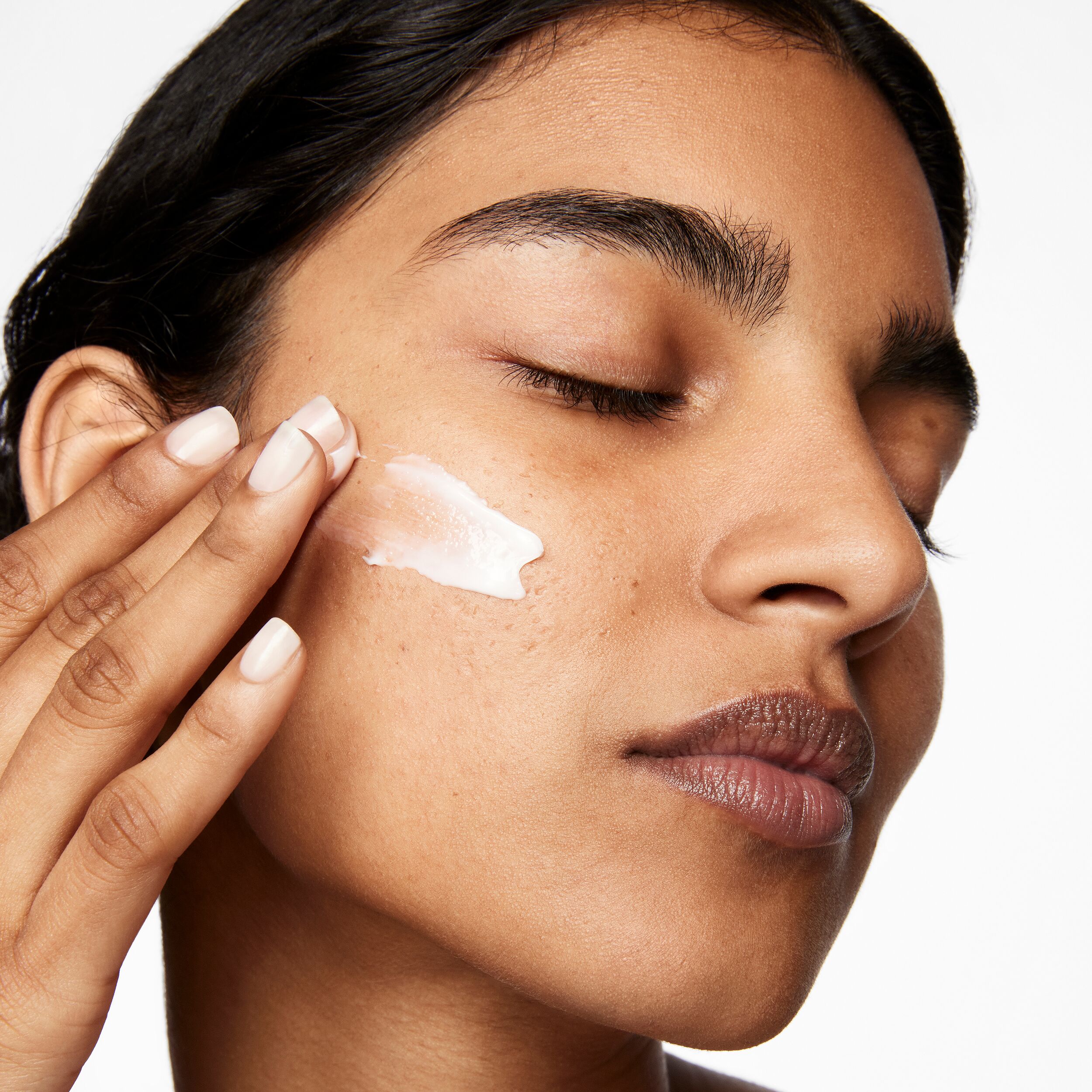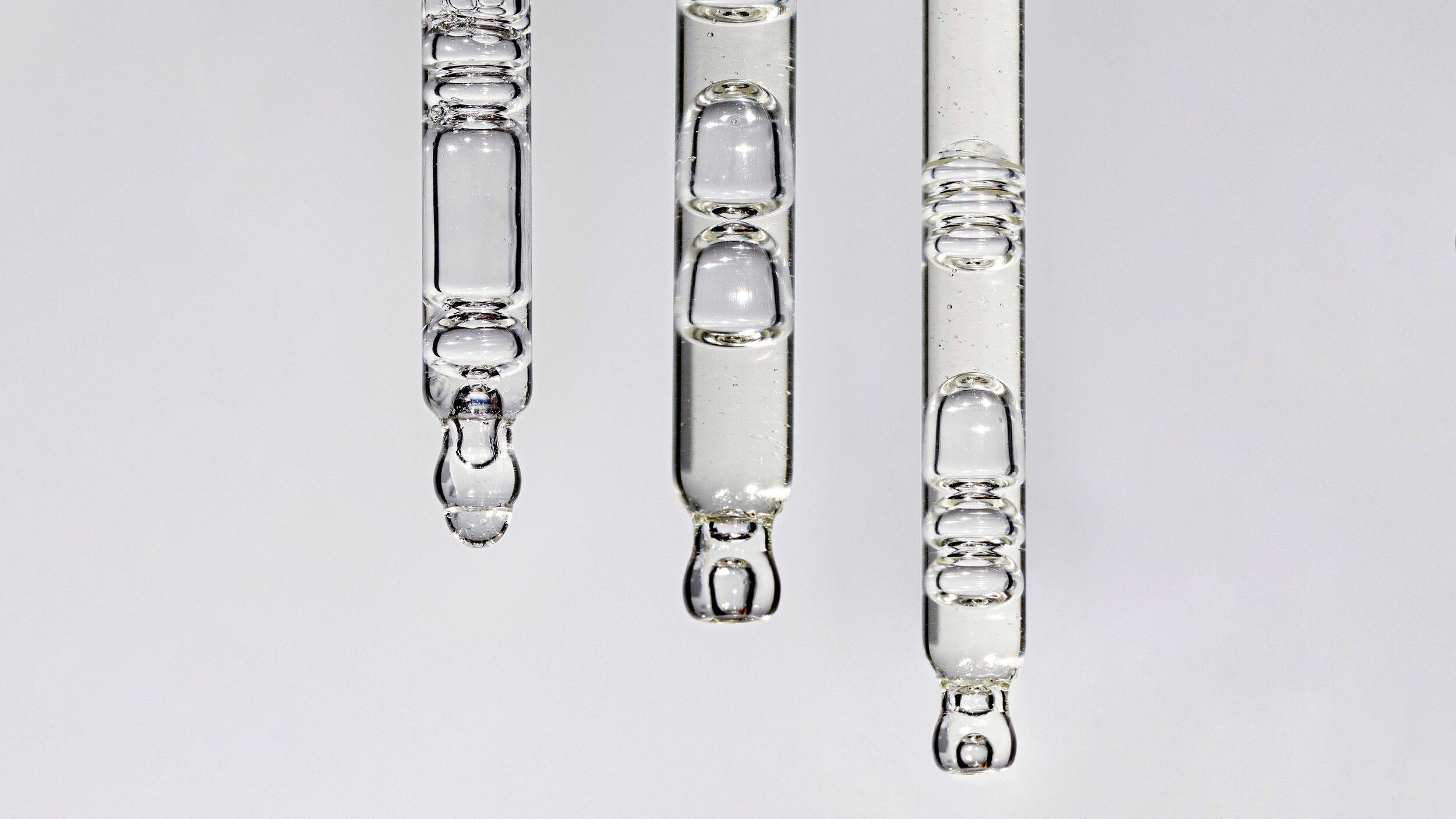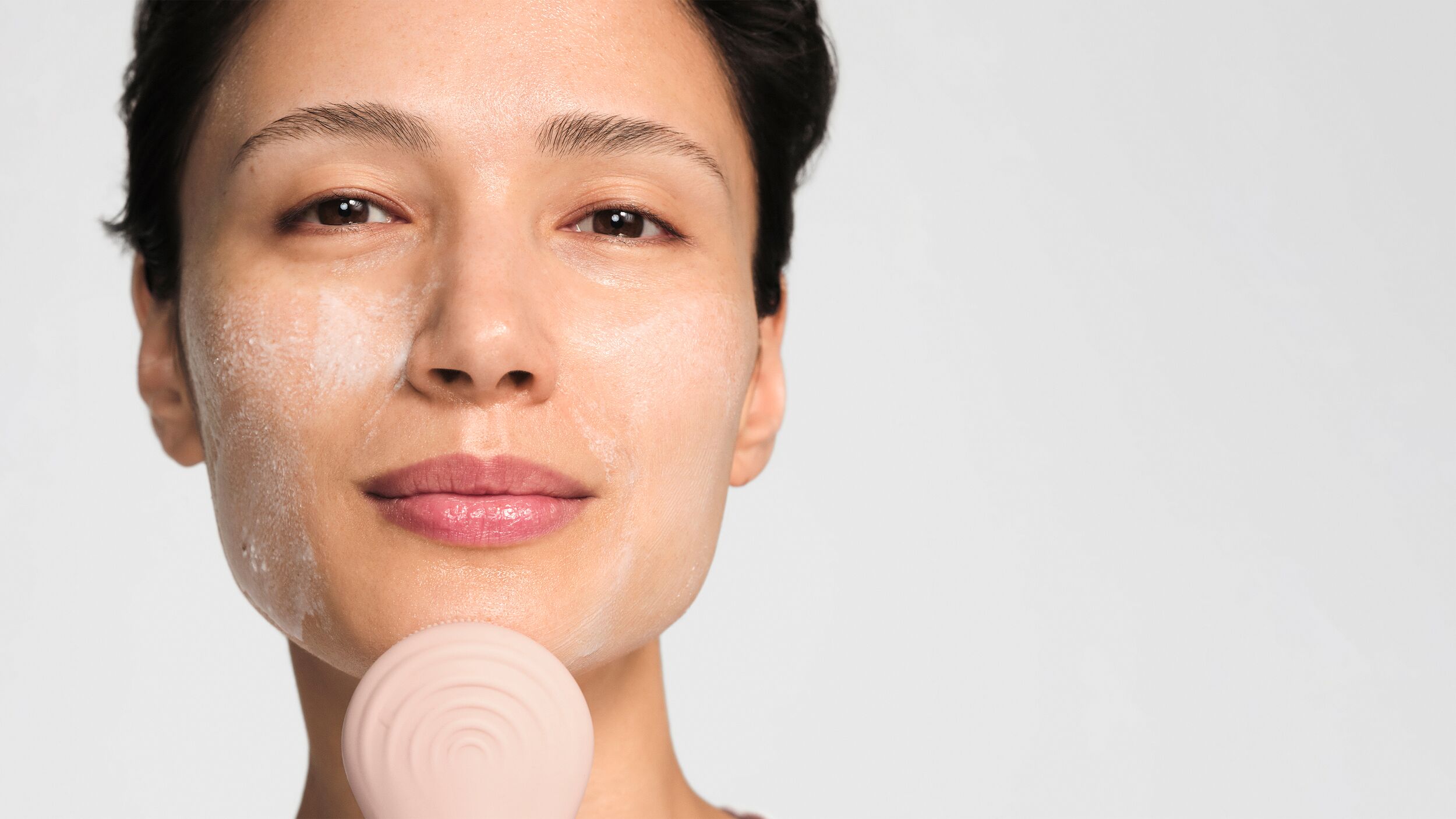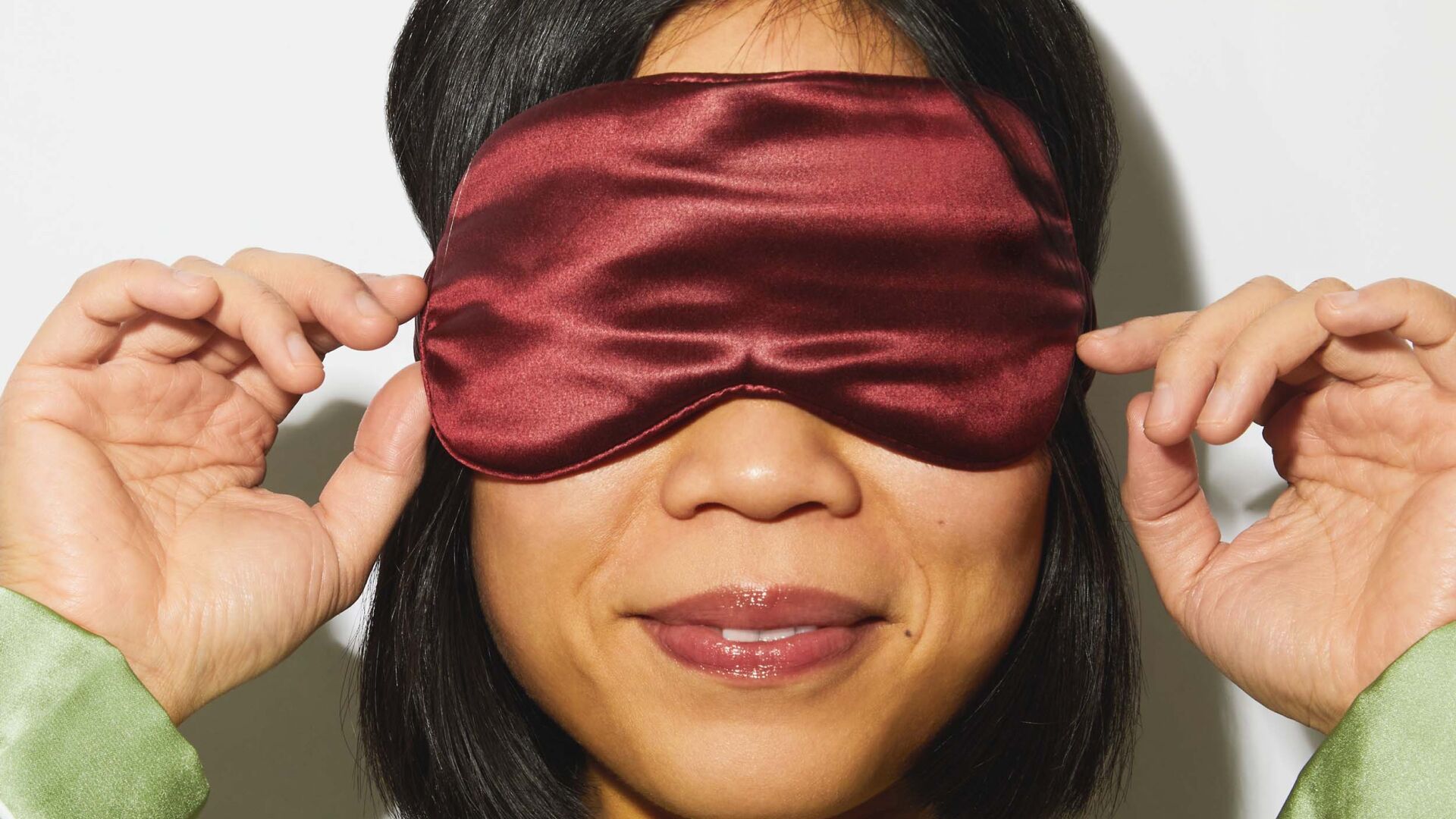
Despite the fact we have all gained an extra hour in bed thanks to the clocks going back, a good night’s sleep can still feel elusive. Whether you’re dealing with stress or have simply got into bad habits, it’s easy to miss out on those precious eight hours. Luckily, it is possible to encourage better sleep, which is why we have composed a fail-safe guide with the latest science-backed hacks.
What happens to your body when the clocks change? Why is it important?
The clocks going back not only signals the start of winter but also the arrival of colder, shorter days. While this comes hand in hand with an hour extra in bed, it can also cause disruptions to our normal sleep schedules and has a surprisingly notable impact on our physical and mental health. Understanding how it affects your circadian rhythm (our internal body clock) is important, not only to comprehend the potentially negative side effects but also to adjust your nightly routine to maximise your sleep.
The lack of sunlight can stop a part of the brain called the hypothalamus from working properly, which could in turn affect the production of melatonin (a sleep hormone) and serotonin (a mood hormone).
When the clocks go back, we gain an extra hour of daylight in the morning. This bonus quickly fades as the sunrise gets increasingly later. The shortest day of the year, the 21st December, the UK experiences less than eight hours of sunlight. According to the NHS, this can increase the risk of Seasonal Affective Disorder (SAD), symptoms of which include persistent low mood, loss of interest in normal everyday activities, irritability and sleeping longer than normal.
The lack of sunlight can stop a part of the brain called the hypothalamus from working properly, which could in turn affect the production of melatonin (a sleep hormone) and serotonin (a mood hormone), alongside the body’s circadian rhythm. Plus, the lack of Vitamin D resulting from less sunshine can also cause fatigue, muscle pain and weakened bones.
Finding a good nighttime routine and understanding how this impacts our circadian rhythm is crucial to maintaining both mental and physical wellbeing.
The ultimate night routine
Finding a way to wind down before bed each night is key. A self-care routine has been clinically proven to decrease anxiety and depression, reduce stress and increase happiness (all contributing factors to good sleep hygiene). So if you needed an excuse to buy that additional serum or moisturiser, you now have it.
Self-care routine
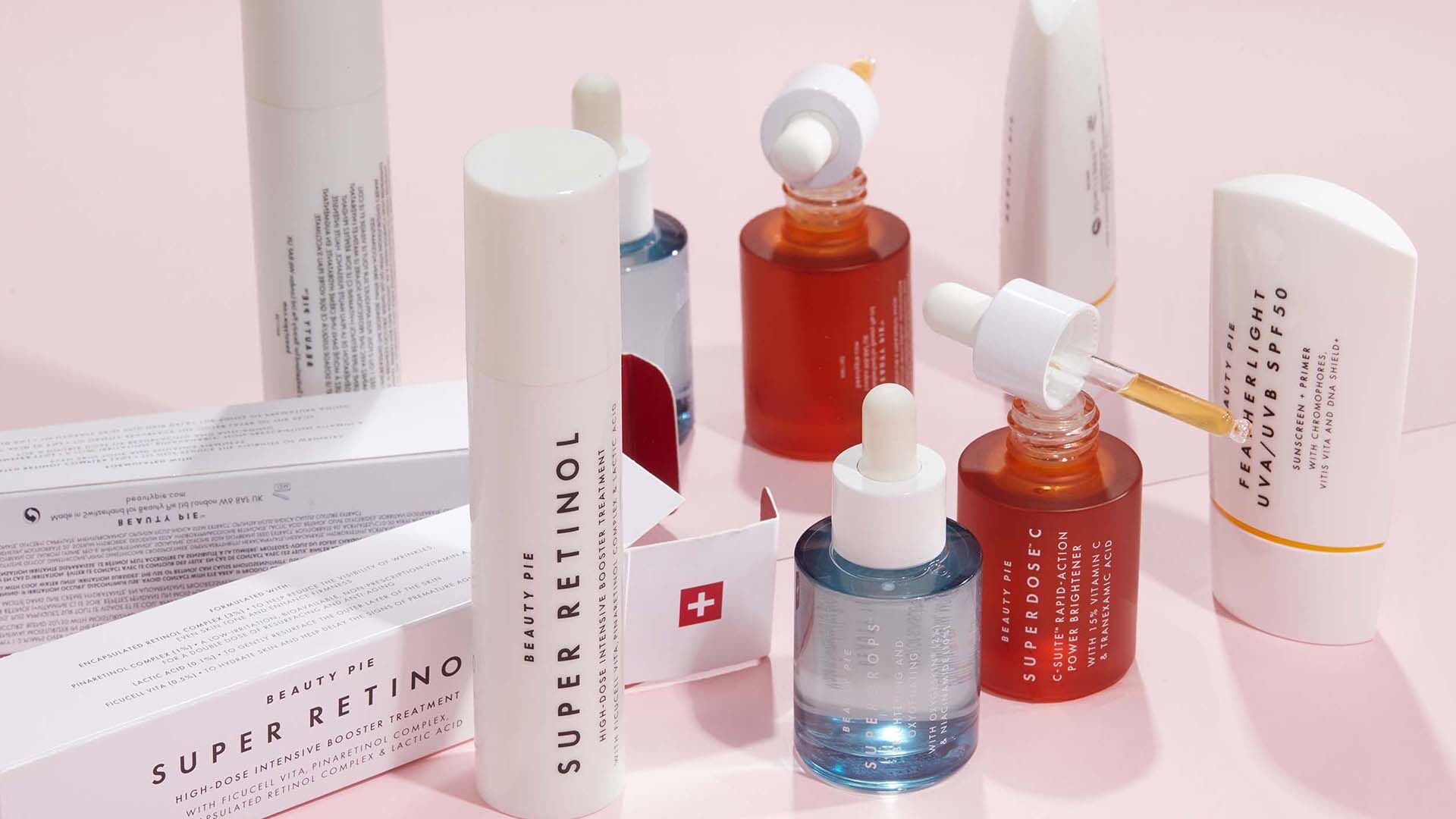
Skincare is a great way to kick off your self care routine. Start with the ABC+SPF system, otherwise known as the ‘backbone’ of your skincare routine. To recap, it was created by the world-renowned consultant dermatologist, Dr Andrew Markey and involves four ingredients anyone ‘serious’ about their skincare must include. These are Vitamin A (Retinol), Vitamin B (Niacinamide), Vitamin C and of course, SPF. Not foregoing the importance of a really great cleanser and moisturiser to round off the ideal, daily routine.
For your PM routine, Dr Markey said you should first cleanse, then use your favourite Niacinamide product (we recommend Superdrops™ Brightening Niacinamide), an additional serum if you’re feeling extra fancy, a Retinol-based product (eye and face serum, if you’re going all out) and finally, your favourite moisturiser.
In addition to your standard skincare routine, there are extra steps you can take to enhance sleep quality. Taking time to run a bath or take a long, leisurely shower are the pinnacles of self-care. We recommend pouring a cap of our BEAUTY PIE x Kathy Phillips Aromotherapy Oil, Power Down, into a warm bath, or apply onto wet skin during the shower. Inhale and rinse. The Essential Oils of high-altitude French Lavender, Roman Chamomile, Ho Leaf and Geranium will support and encourage rest.
Get the right sleep set up
When it comes to establishing a good night’s sleep, it’s important to create a relaxing environment. Darkness helps to stimulate the production of melatonin, a hormone that helps you fall asleep quickly. So turning off the lights, shutting your curtains and investing in a good sleep mask can all positively contribute.
By contrast, light and more specifically blue light, has the opposing effect. The Sleep Foundation found that blue light, i.e. the light that emits from our phones, can deeply hinder our sleep as it reduces the hormone melatonin. So, if you’re looking for those dreamy eight hours, screens have to be put away 30 minutes before bed (at least).
Finally, sleeping with a window open is key to good sleep hygiene. As well as helping to modulate the temperature to be more in line with the recommended optimum of 18 to 20C, an open window facilitates good airflow, which is an essential and often overlooked element of your sleep environment.
Tips for the best sleep
Outside of your evening routine, it is worth taking the following tips into consideration.
Reduce your cortisol
High cortisol levels have been linked to insomnia, waking up during the night, and less sleep time overall. Studies have also shown that one of the main causes of poor sleep is worrying about sleep itself. We sleep in 90 minute sleep cycles, which transition us between REM (Rapid Eye Movement) and deep sleep. As we transition between the cycles, we tend to wake up but then immediately fall back to sleep without any recollection.
Studies have also shown that one of the main causes of poor sleep is worrying about sleep itself.
However, in times of high stress, we fully wake up as a result of the spike in cortisol and then worry about getting back to sleep. The best thing is to try to manage stress throughout the day, reducing levels of cortisol and acknowledging that waking up is just a part of the sleep process.
Maintain a regular sleep routine
Studies have found that people who have irregular sleep schedules, or even have different bedtimes on weekends compared to weekdays, reported poorer sleep than those who have the same bedtime every night of the week. So, keep it consistent!
Sleep in 90-minute cycles
The 8-hour sleep rule, while universally used as the gold standard, is in fact a myth. Instead, we should look to sleep for 7.5, 9 or 10.5 hours as it takes 90 minutes to complete each sleep cycle. So, if you’re heading to bed at 10pm, your ideal wake time would be 5:30am or 7am.
Dress for rest
The Better Sleep Council has shared that dressing for sleep success is an important element of a healthy sleep schedule, so slipping into our Stretchy Pyjamas can only be beneficial. Made from a drapey, breathable, sustainably-sourced stretch viscose, it’s designed to be super-comfortable, slouchy and sleep-inducing.
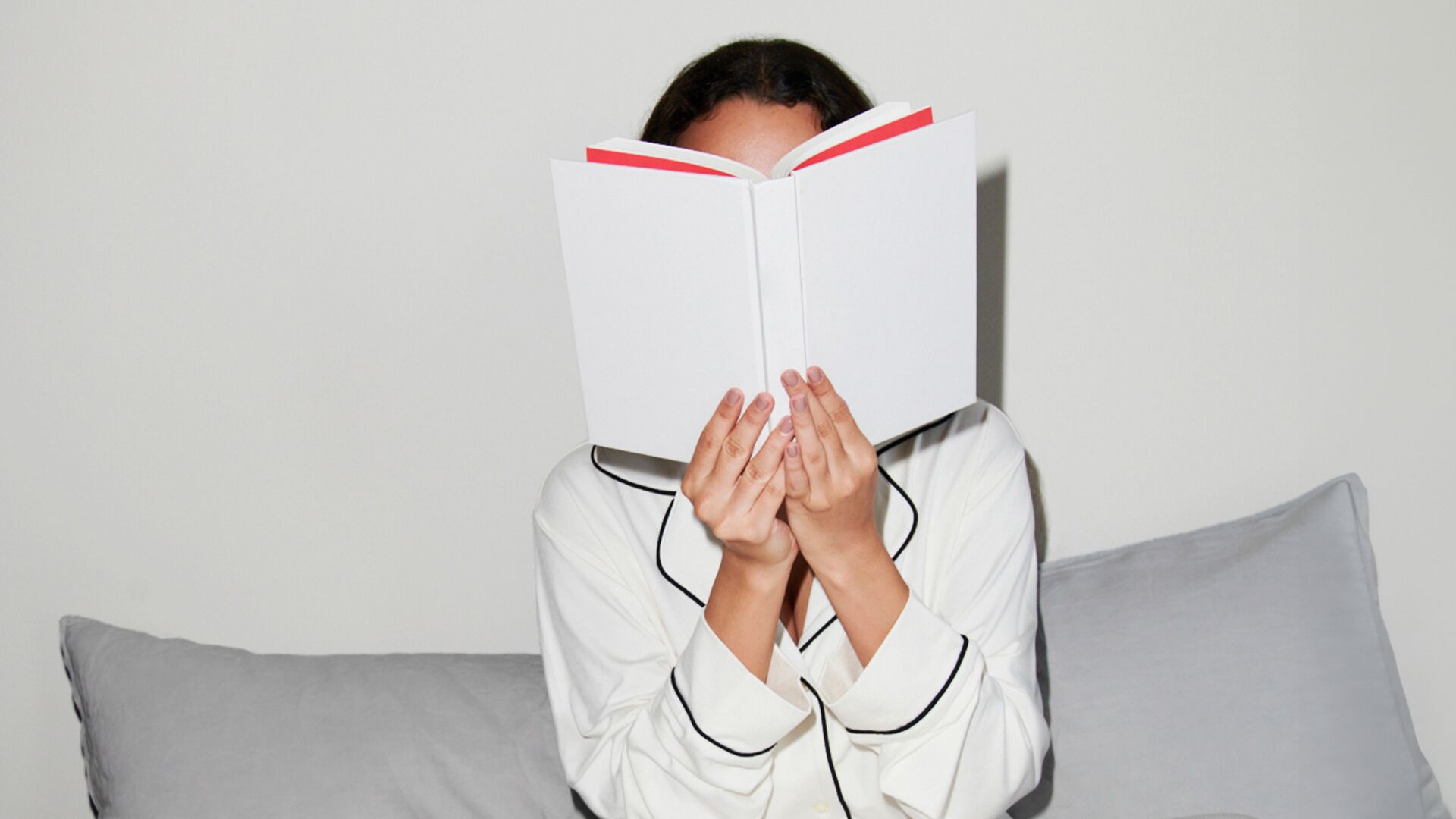
Exercise
There isn’t much that exercise, or even moderate movement, can’t help with. And you can add a good night’s sleep to that list. One study found that exercising regularly can halve the amount of time it takes for you to get to sleep, resulting in a potential 41 minutes more sleep every night. So, prioritise getting at least one hour of movement into your daily routine.
Eat mindfully
Sticking with regular meals throughout your day helps to support your circadian rhythm. Skipping meals or only eating one big meal a day isn’t great for sleep as it means your digestive system is working double time. Instead, look to eat smaller, more manageable meals regularly. When it comes to what we are eating, try to prioritise meals packed with Omega 3 and Vitamin D, both of which help regulate serotonin (the precursor to melatonin).
Maximise on your morning daylight
Daylight and darkness are cues in your brain that naturally regulate your internal body clock. So, it’s important to get lots of natural light in the morning, and less in the late afternoon and evening. Kickstart your day with a quick walk or simply have your morning coffee outside, or even by an open window. As evening falls, light those candles and get into hibernation mode. Sweet dreams.
